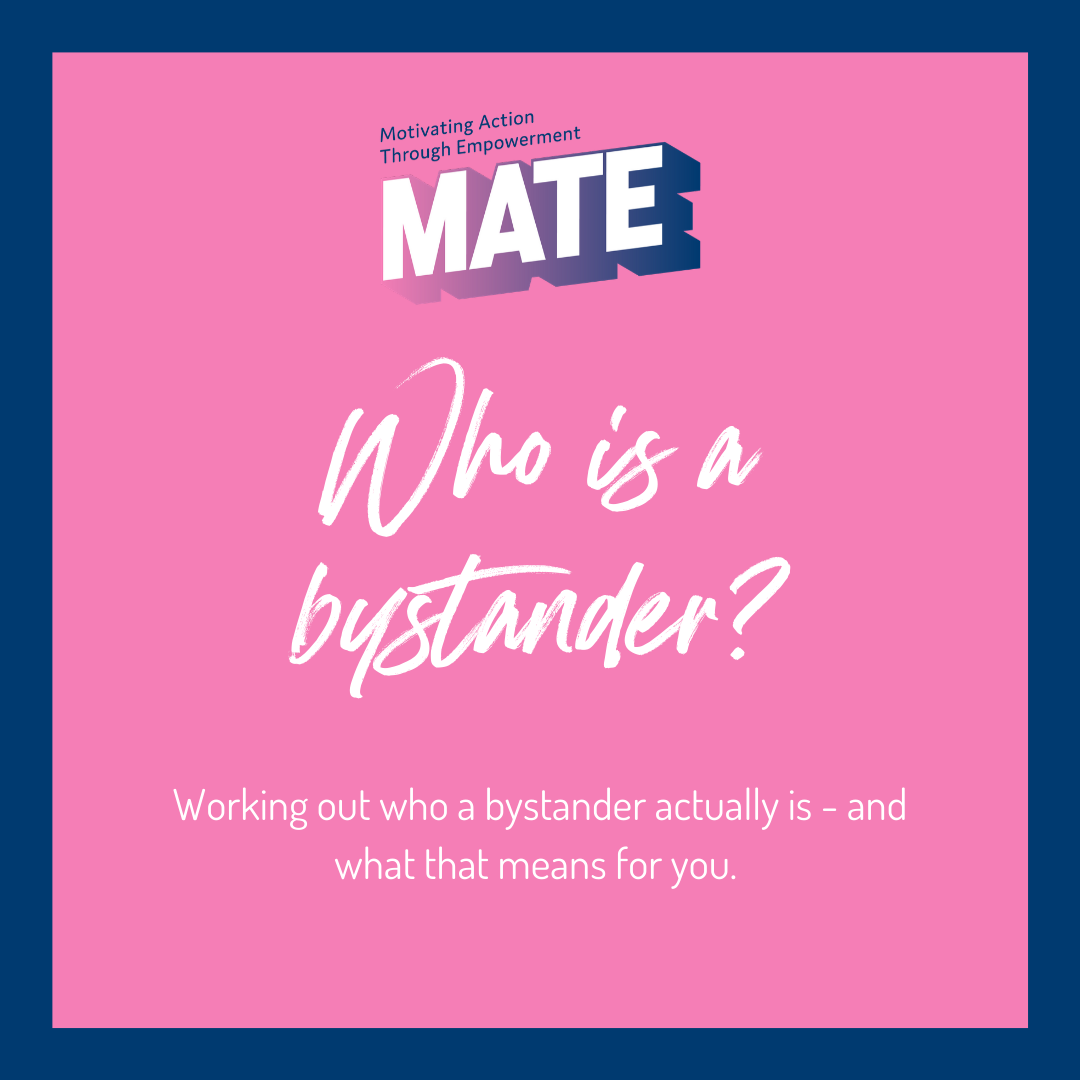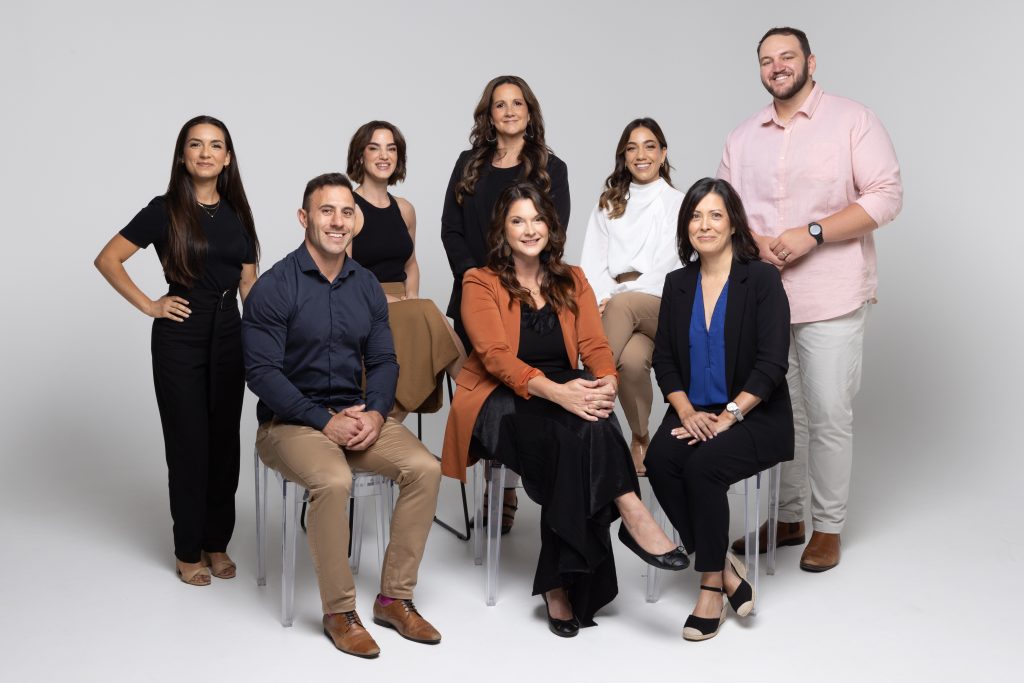So, you’ve heard the term ‘bystander’ and you may have heard that they can play a role in the prevention of violence. But you’re still wondering, what does that actually mean and what does it mean for you?
We often find when we’re facilitating workshops, that the term can still cause some confusion – and if we’re confused about who and what a bystander is, we’re likely not capitalising on our potential as humans, to change the world for the better.
Bystanders are all of us. It’s you and it’s me, and everyone in between. The choice is ours – we decide whether we’re going to be an active bystander or an inactive bystander. An active bystander is someone who decides to take action. Someone who chooses to intervene in any situation. An inactive bystander is someone who chooses to do nothing.
You may have heard the phrase “don’t be a bystander”. Semantically, (and given the above descriptions) this phrasing is incorrect. Some people also use the term ‘upstander’ to describe someone who intervenes, and ‘bystander’ as someone who doesn’t. Again, this can confuse the conversation and isn’t the correct terminology. We don’t get to choose whether we’re a bystander or not, we only get to choose whether we will intervene and in what way we will intervene.
This is arguably the most important thing to understand. We have the choice. Whether we choose to intervene or not, is a result of a number of different psychological and psychosocial processes operating simultaneously within us. And if your heart rate rises at the thought of intervening in a challenging or even violent situation, congratulations! You are alive and your reaction is very common! We’ve all heard of the term “the bystander effect” and while this phenomenon is very real, the fact remains – we all have the choice to break through the barriers we face. However, doing so is hard and often frightening. Some of those barriers are concrete, and some are fallible. Some of those barriers are unyielding a result of years and years of conditioning, and some can be overcome with some new education and knowledge.
We describe this process not so much as ‘learning, but ‘unlearning’. It involves recognising all the lessons we have learned during our lifetime about ‘minding our own business’ and not ‘getting involved’ and being ‘nosey’. It is about understanding that as humans, we tend to give ourselves the green light to choose the easier option (doing nothing) and telling ourselves it is the right thing to do – rather than risk ‘getting it wrong’ or ‘making it worse’. And while this is forgivable, it is also contributing to a culture where problematic behaviours and attitudes are left unchallenged, and those experiencing that behaviour feel unsupported. And those certainly aren’t the messages we want to send.
This is where it circles back to our individual choice. Not only do we get to choose whether or not we will intervene, we also get to choose how. There are hundreds of ways that a bystander can intervene, and we can choose, in any circumstance, something that feels safe and appropriate to us and everyone else around us. Once we know what the challenges are for us, we can learn how we can overcome them.
Therefore, all bystander education, regardless of who is delivering it, should do the following:
Empower you with:
- The knowledge about why you personally may have chosen to do nothing in the past and how to overcome those challenges.
- the knowledge to recognise both overt and covert forms of violence and problematic behaviour.
- a framework of options to choose from as a bystander in any situation
Motivate you to:
- take responsibility for the behaviour you are seeing and to take action.
- To be the change you wish to see in the world.
At MATE, the complicated is made a little simpler, by understanding that every day we make choices. We make choices about who we are and what we stand for and being an active bystander is a result of those choices. Once we know better, we do better. And if not us, who? If not now, when?


